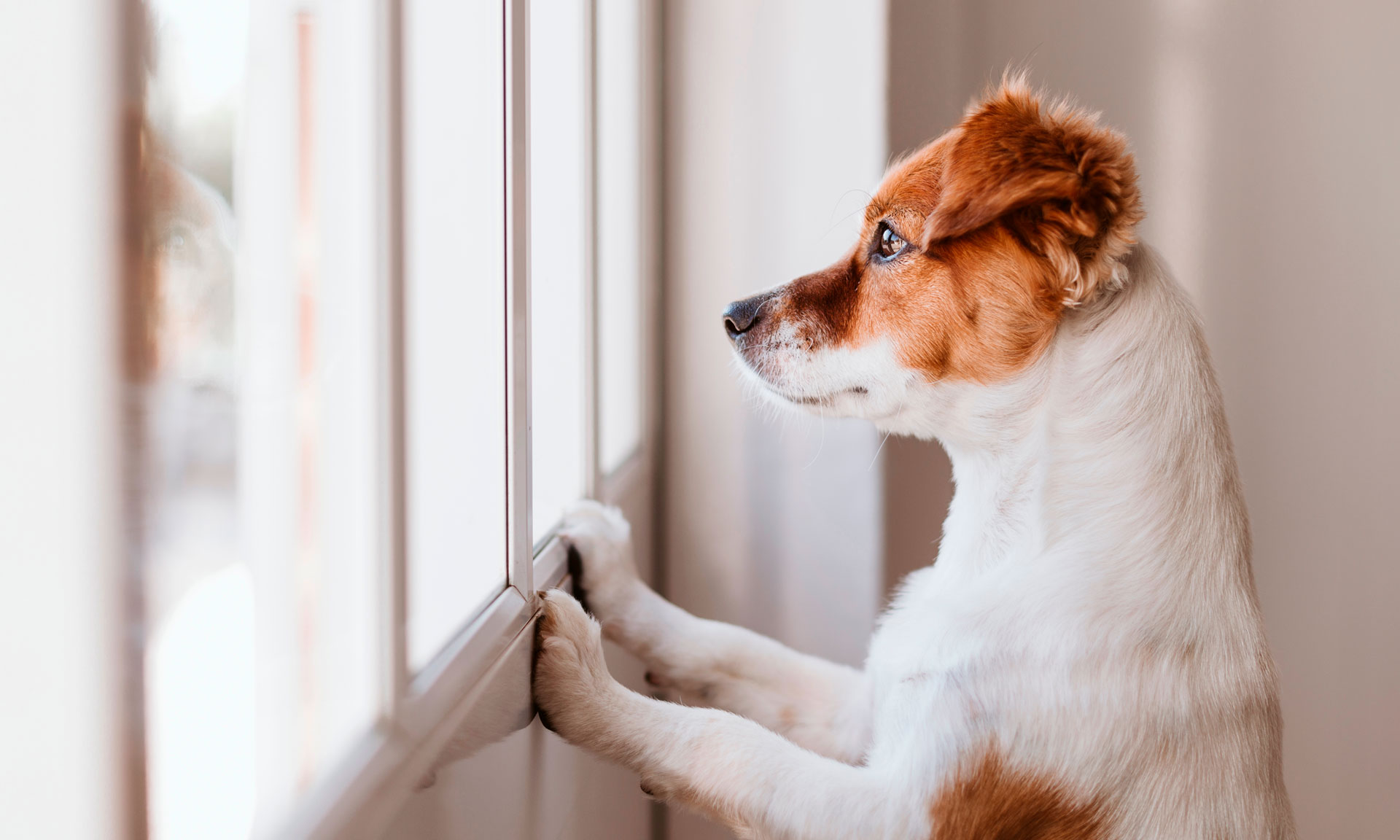
Thousands of people have welcomed furry friends into their lives since the start of the pandemic, but many renters have long been excluded from pet ownership due to landlords refusing to allow them in their properties.
Now, though, that could be set to change, with new government guidance potentially making it easier for renters in England to have pets.
Here, Which? explains how the new guidance will work and offers advice on how the rules vary around the UK.
Government to make it easier to rent with pets
The government has updated its model tenancy agreement to include consent for tenants to have pets.
In practice, this means that landlords who use the standard agreement for rented properties won’t be able to issue blanket bans on their tenants having pets.
Instead, they’ll need to object in writing within 28 days of the tenant making a ‘pet request’ and provide a good reason for turning down the request.
The government says it has made the change because just 7% of landlords currently offer pet-friendly properties.
Housing minister Christopher Pincher said: ‘It can’t be right that only a tiny fraction of landlords advertise pet-friendly properties, and in some cases people have had to give up their beloved pets in order to find somewhere to live.
‘[These changes] strike the right balance between helping more people find a home that’s right for them and their pet while ensuring landlords’ properties are safeguarded against inappropriate or badly behaved pets.’
How does the model tenancy agreement work?
The model tenancy agreement is the government’s recommended contract for landlords letting out their properties in England.
It’s important to point out that the model agreement isn’t compulsory, so landlords who draw up their own tenancy agreements or use different templates for their contracts will still be able to reject pets out of hand.
Landlords who do use the model agreement will only be able to object against tenants having pets for good reasons – for example in smaller flats where owning a large pet could be considered impractical.
The government says it is protecting landlords by requiring that tenants have a legal duty to repair or cover the cost of any damage to the property.
Tenant group welcomes new guidance
The tenant rights group Generation Rent has welcomed the move, but has expressed concerns that some tenants won’t have the confidence to ask their landlord about having a pet.
Dan Wilson Craw of Generation Rent says: ‘Not being allowed to have a pet is just one of many indignities private renters encounter while trying to navigate the housing market.
‘Lifestyle choices shouldn’t be at the mercy of landlords, who should have a very good reason to deny their tenants a pet.
‘To give this protection any teeth, the government must get moving on plans to reform tenancies so that tenants have the security and the confidence to ask for a pet.’
Landlords and letting agents criticise rule change
Not everyone is happy with the change. In the past, landlords would usually charge tenants with pets a higher deposit to insure themselves against any damage to the property.
This is no longer permitted in England under the terms of the Tenant Fees Act, which capped tenancy deposits at five weeks’ rent when it was introduced in June 2019.
A National Residential Landlords Association spokesperson said: ‘We recognise the importance of pets in providing companionship, especially to those living on their own.
‘However, pets are not always suitable in certain properties, such as large dogs in small flats without gardens, and there is often more a risk of damage to a property where there is a pet.
‘We call on the government to enable the level at which deposits are set to be more flexible to reflect this greater risk. We are also calling for a tenant to either have pet insurance or to pay the landlord for it to be allowed as a requirement for a tenancy where relevant.’
The estate agent trade group Propertymark said that ‘even the best-behaved pets will have an impact on a property and the government must recognise the impact of its decision to cap deposits’.
How to rent with a pet
Generally speaking, if you want to bring a pet to a rented property – or buy one after moving in – you’ll need to make a case to your landlord for doing so.
While it might sound ridiculous on paper, getting a reference for your pet from previous landlords and writing a pet CV including details of vaccinations and veterinary contacts could help give the landlord confidence that you’re a conscientious owner.
One of the best ways to alleviate doubts is to meet the landlord in person and bring your pet along. If your landlord agrees you can keep a pet, it’s important to have this written in to the contract to protect you against any issues further down the line.
If you’re just starting to search for a pet-friendly property, it’s worth talking to lettings agents in your area about your options, as property portals may not allow you to narrow your search down to homes that allow pets.
Renting with pets: rules around the UK
Wherever you’re renting in the UK you’ll need to get written consent from your landlord to keep a pet.
As we mentioned earlier, landlords in England can’t charge higher deposits for people with pets – but in some instances you may find that landlords look to cover themselves by charging higher rents for pet-friendly properties.
In Scotland, Wales and Northern Ireland, however, landlords and letting agents can ask for an additional pet deposit. Any additional deposit should be made clear to you before you agree to sign the contract, and the money must be held in a protected scheme along with your standard tenancy deposit.



